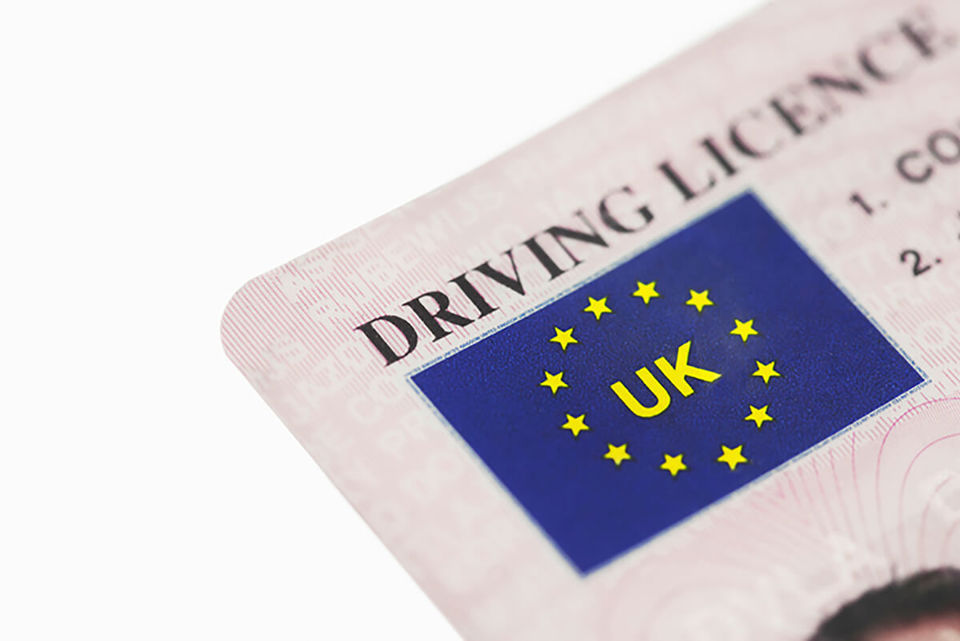The Government is bringing driving licence rules for heavier electric vans in line with their lighter petrol and diesel equivalents.
The Department for Transport (DfT) has laid secondary legislation before Parliament today (Tuesday, February 25) to enable Standard category B licence holders to be able to drive zero-emission vehicles up to 4.25 tonnes, broadening the flexibility to cover all vehicle types, beyond goods vans.
Accounting for the additional weight of the vehicle’s batteries, the rule change will apply to vans, minibuses, SUVs, trucks, and any vehicle that can be driven up to 3.5 tonnes if they are petrol and diesel.
The additional five-hour training requirement for drivers will also be removed and it will make changes to towing allowances for electric vans weighing up to 4.25 tonnes.
Subject to parliamentary approval the changes are expected to come into force in the spring.
The previous Government had announced in October, 2023, that the additional five-hour training requirement for drivers would be removed for electric vans weighing up to 4.25 tonnes.
It also promised to make changes to towing allowances and broaden the flexibility to cover all vehicle types, beyond goods vans, recognising that further measures were needed to support their uptake.
However, the new rules were not introduced before the General Election and fleets have been forced to wait for the new administration to table the legislation required.
The licence change was announced to coincide with an extension to the plug-in van grant, which means fleets will continue to benefit from up to £5,000 off an electric van until April 2026.
Fleets are now eagerly waiting on the outcome of an ongoing electric van consultation – ‘Zero emission vans: regulatory flexibility’ - which relates to annual vehicle testing, drivers’ hours and tachographs, and speed limiter devices, currently required for 4.25-tonne electric vans. It closes on March 3.
The main proposals in the consultation include, transferring the annual testing of zero emission goods vehicles, with a GVW of 3.5t to 4.25t, from the heavy vehicle testing system to the MOT network, with the tests used for 3t to 3.5t goods vehicles put in place.
It is also seeking views on amending annual testing schedules, so their first test is after three years from first registration (and annually thereafter), and removing zero-emission vehicles, with a GVW of 3.5t to 4.25t (and when used with a trailer in a combination with a MAM up to 7t), from the requirements for tachograph use, the assimilated drivers’ hours rules and specific road transport working time rules when used within Great Britain.
In a recent Fleet News at 10 webinar, the AA’s fleet director, Duncan Webb, said that having to adhere to stricter ‘truck’ regulations was an “absolute blocker” to fleets moving away from diesel to electric vans.
In order to make the most compelling case for change, the British Vehicle Rental and Leasing Association (BVRLA) has created a form for fleets to provide feedback along with any data and real-world examples.
The BVRLA is specifically seeking fleet operator views relating to why they need the strict ‘truck’ regulations to be removed for 4.25t electric vans and they should instead be treated the same as light commercial vehicles (LCVs) up to 3.5 tonnes.
The trade association launched the Zero Emission Van Plan last year, with the Association of Fleet Professionals (AFP), Logistics UK, Recharge UK, the EV Café and Fleet News, to call on the Government to provide greater fiscal support, improve charging infrastructure and remove these regulatory barriers.
A spokesperson for the Zero Emission Van Plan, said: “Vans are the workhorses of the UK economy and growing their share of the UK vehicle parc every year.
“For the UK to deliver cleaner, greener road transport solutions, the van sector needs to be front of mind.
“It is encouraging to see policymakers starting to take the transition to zero-emission vans more seriously.”
The spokesperson added: “Today marks a positive step forward but there remains a long way to go. Electric van registrations are far short of where they need to be, a host of regulatory barriers remain.
“We have been in constant contact with decision makers to reinforce the case for vans.
“The ongoing consultation, into the need for further regulatory flexibilities, presents another key milestone where we need to see positive progress.
“It is good to see the Government taking action. Now we must make sure we accelerate further and faster.”
Logistics UK senior policy manager for road freight regulation, Chris Yarsley, also welcomed the Government announcement.
“Removing the need for additional training to operate electric vans and aligning towing regulations with equivalent sized ICE (internal combustion engine) vans will help our members, and the industry in general, integrate zero emission vehicles into their fleets,” he said.
“It is the first step to achieving the full regulatory alignment between 4.25 tonne electric vans and 3.5 tonne diesel vans, which Logistics UK as part of the Zero Emission Van Plan coalition has long been campaigning for, and will speed up the adoption of electric vehicles.
“The current situation, where 4.25 tonne electric vans are treated differently to their ICE counterparts is nonsensical and is limiting the use of cleaner electric vehicles.
“The vehicles are the same size and perform the same tasks as traditional vans: it is only the extra weight from the batteries which moves them into a heavier weight category with additional regulations.”
He added: “The extra training needed to operate electric vans was an additional expense for thousands of van operators and a significant barrier for operators looking to integrate zero emission vehicles into their fleets.
“Vans are the workhorses of the UK economy and all barriers to their use need to be removed so drivers can use a zero-emission van just as easily as a petrol or diesel equivalent.”





















Login to comment
Comments
No comments have been made yet.